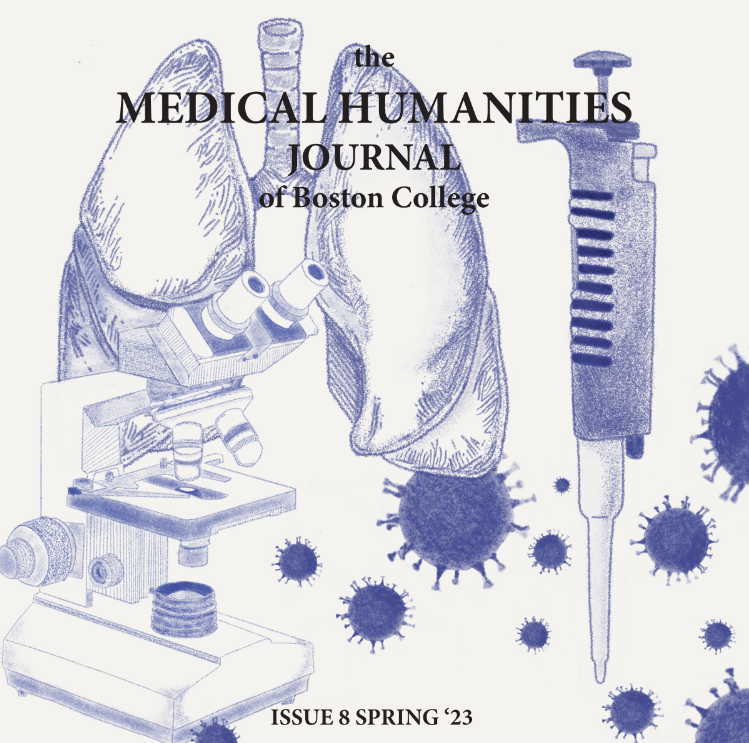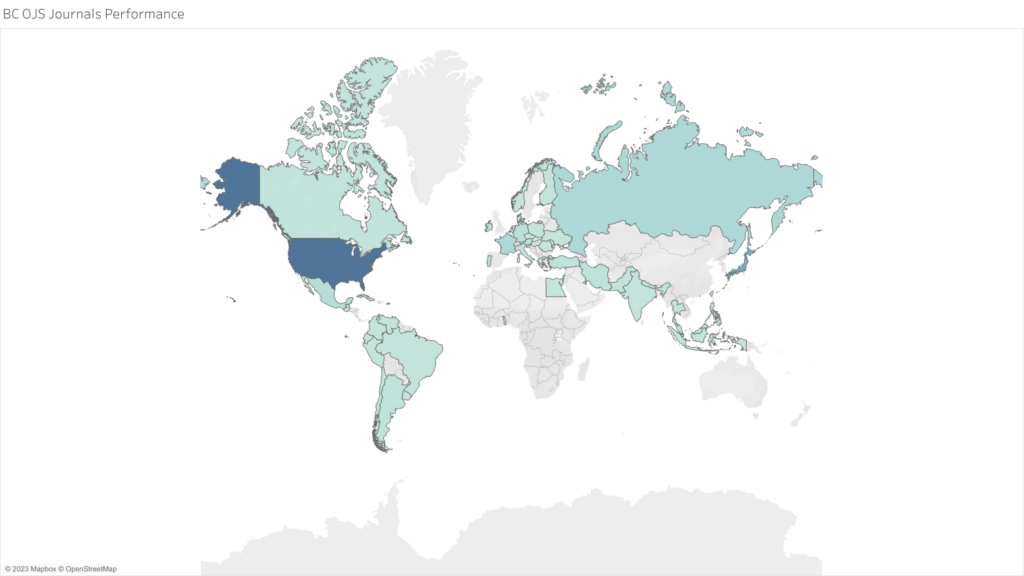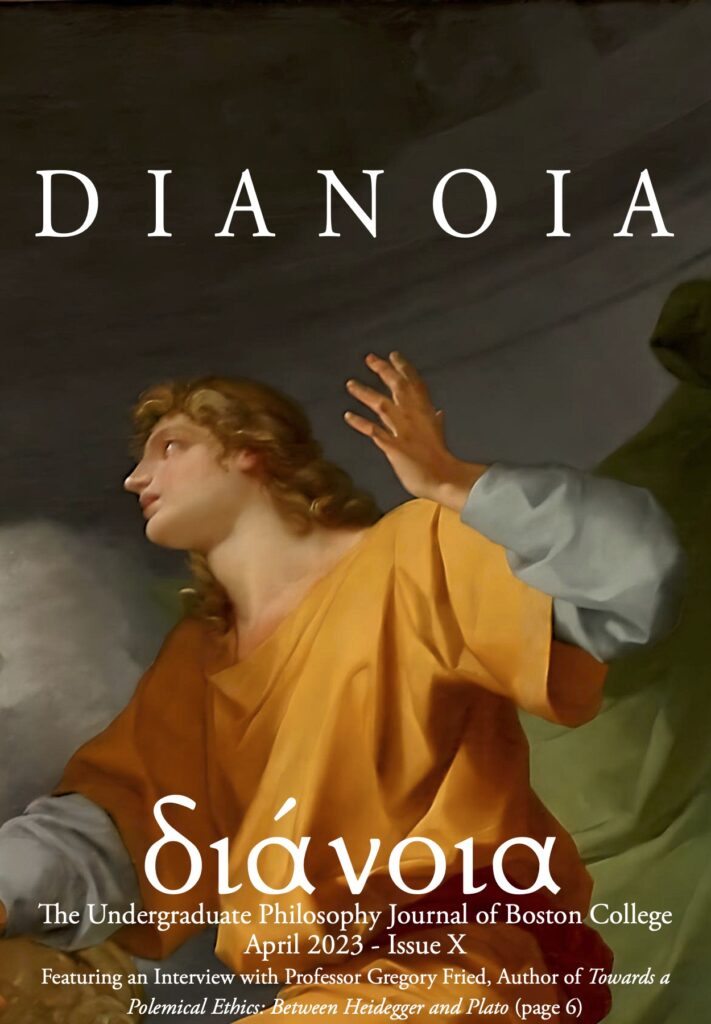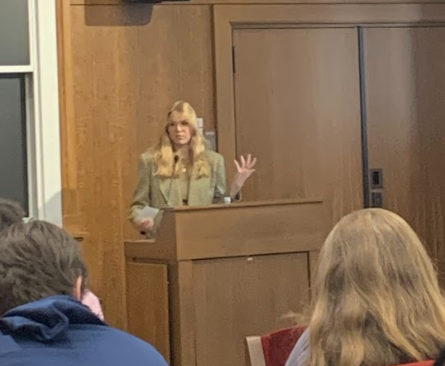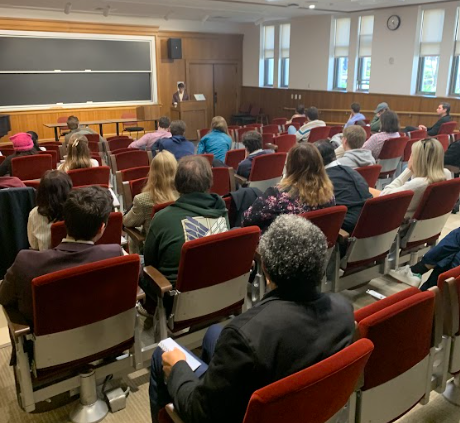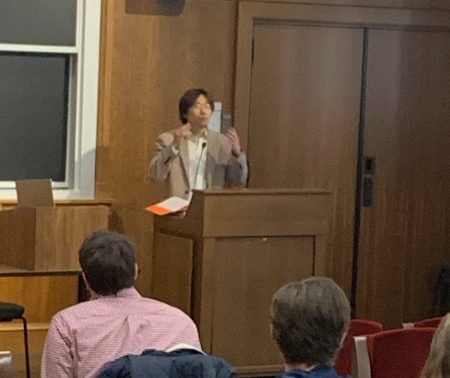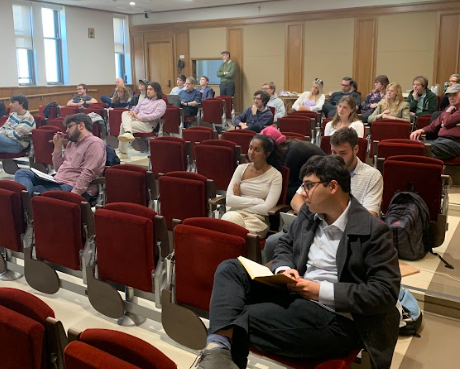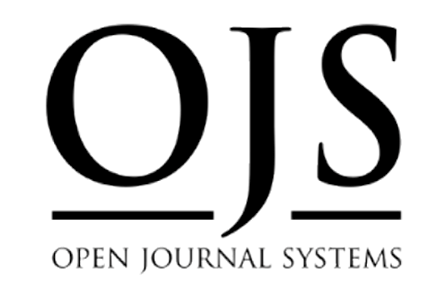
The libraries portfolio on Open Journal Systems continues to gain new publications – particularly from undergraduate students looking to gain experience with peer review and working through the process of publication.
Additionally, students have approached the Scholarly Platforms team with the hopes of launching new publications; one a human rights journal run by undergraduates, and the other a graduate publication organizing submissions and providing online options outlining the yearly proceedings of the Massachusetts Council of Philosophy. Publishing the work through Open Journal Systems will ensure that it is preserved via our private LOCKKS network hosted by Public Knowledge Portal, as well as providing automatic indexation and optimization in google searches. OJS also compiles readership statistics so that editors can better understand where, how, and when there readers are interacting with their material.
Most recently, the undergraduate Philosophy Journal of Boston College, Dianoia, published its twelfth issue. Additionally, after several years of dormancy, the undergraduate political science journal of Boston College, Colloquium, is on the precipice of publishing their fifth volume after a four year hiatus. Both journals offer opportunities for undergraduates to gain audiences and readers for their work while also gaining experience with peer review and publishing. Click on the links below to view readership statistics and visualizations for Dianoia or Colloquium.
If you are interested in starting a journal or moving an existing publication to a more secure, sustainable home, reach out to Gabriel Feldstein or Elliott Hibbler on the Scholarly Platforms & Discovery Services team.

